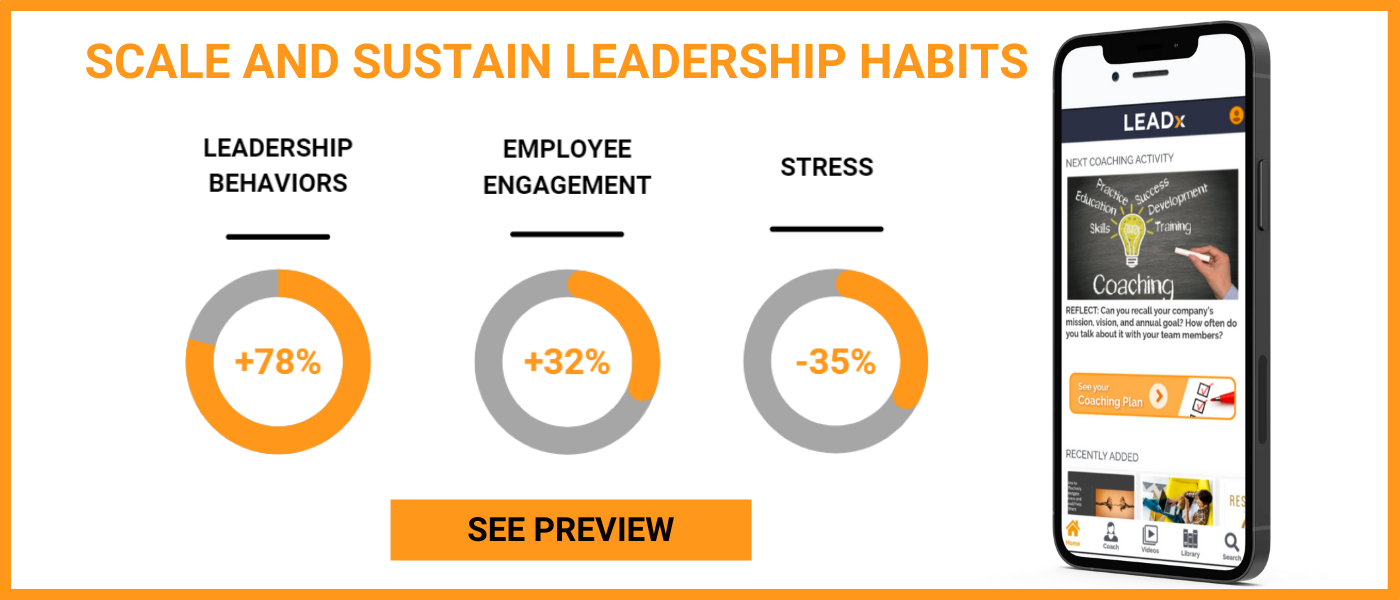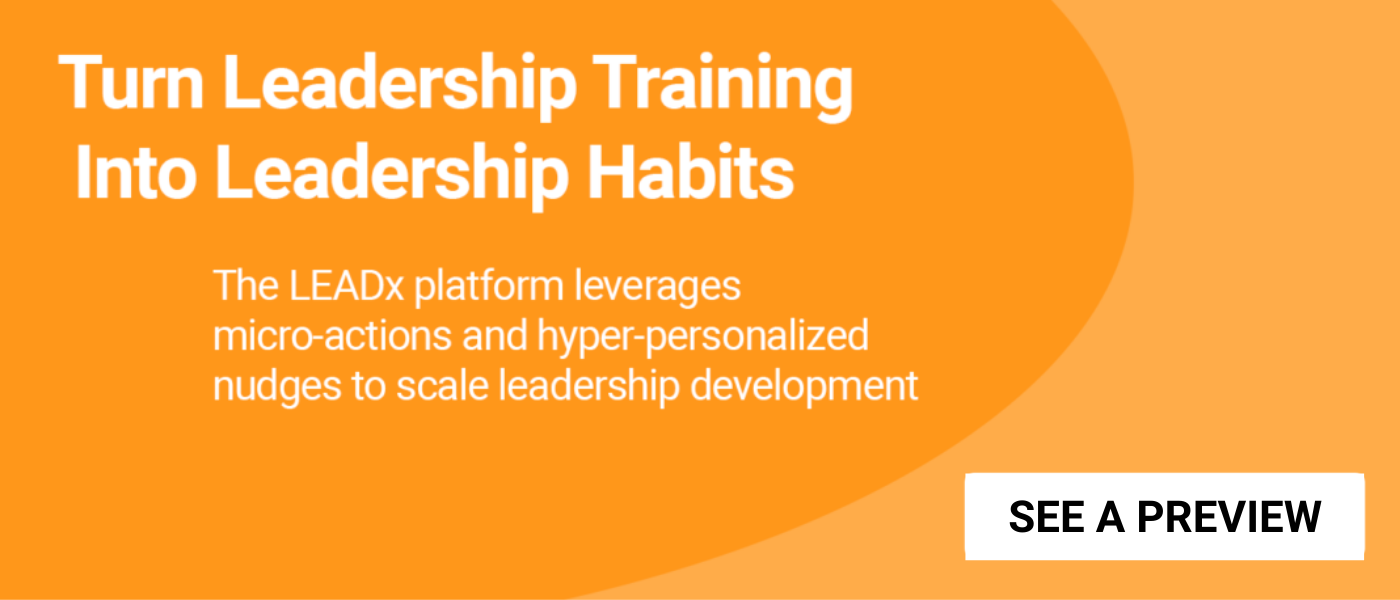
Executive coaching has become an essential tool for many leaders, helping them to unlock their potential, overcome challenges, and enhance their leadership skills. But with a myriad of coaches available, how do you choose the right one for you? In this article, we'll explore eight critical questions to ask during the interview process to ensure you find the ideal executive coach.
 What are your background and credentials for coaching?
What are your background and credentials for coaching?
When selecting an executive coach, verifying their certification through a reputable organization, such as the International Coaches Federation (ICF), is crucial. This guarantees that your coach possesses the necessary skills. Additionally, inquire about their experience in your specific context, such as your function, level in the hierarchy, and industry. While coaching skills may be more important than context, depending on your goals, both aspects may be relevant.
What's your coaching experience with people like me?
Determine the coach's experience by asking how long they've been coaching and their track record with people similar to you. Share your coaching objectives and ask about their experience with clients who had comparable goals.
What happens in a typical coaching session?
Understanding what to expect during a coaching session is crucial. A good coach will encourage you to drive the session's agenda while keeping the overall goals in mind. They'll discuss your commitments, learnings, successes, challenges, and desired focus for each session. In the end, they'll ask you to reflect on your learnings and commit to specific actions.
How do you handle confidentiality?
Trust is the foundation of a successful coaching relationship. Confidentiality is part of the profession's code of ethics, but it's essential to clarify how the coach will maintain it. This is particularly important if stakeholders from your organization are involved in the coaching process (e.g., your manager or HR representative). Ensure the coach discusses their plans for sharing information with you and obtains your consent before divulging any specifics.
How do you work with my manager or HR department?
Successful coaching involves engaging with the coachee organization’s “system,” which may include gathering 360-degree feedback and collaborating with your manager and HR department. Ask the coach about their expectations and the optimal approach to help you achieve your goals.
What kinds of issues can we discuss?
People often face similar challenges in both their professional and personal lives. Is your coach expecting you to discuss only work-related issues, or are they willing to explore how your strengths, personality, and challenges are showing up in your personal life as well? Ask your coach if they're open to discussing personal issues if that's important to you.
What kind of personality or 360-assessments do you use, if any?
Assessments can provide valuable insights into personality traits, motives, and beliefs that may influence behaviors. Inquire about the assessments the coach employs to understand your strengths and areas for development better.
How do you measure outcomes in a coaching engagement?
Understanding how the coach measures success will help you gauge their approach. Ideally, outcomes should be assessed in terms of skills and behavior changes, as well as their impact on your relationships and influence within the organization. Success should be evaluated not only by you but also by the key stakeholders you aim to impact.
In conclusion, selecting the right executive coach is a critical decision that can significantly impact your professional growth. By asking these eight questions during the interview process, you can ensure that you find a coach who aligns with your goals and has the expertise to guide you toward success. Remember, an executive coach is an investment in your future, and making the right choice will pay dividends in your personal and professional development.






